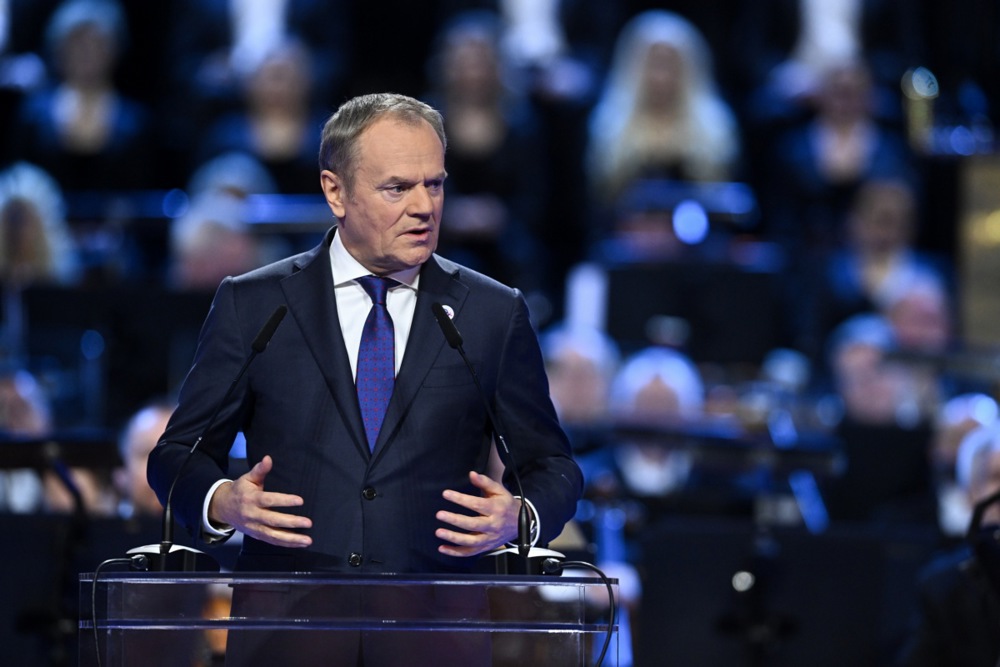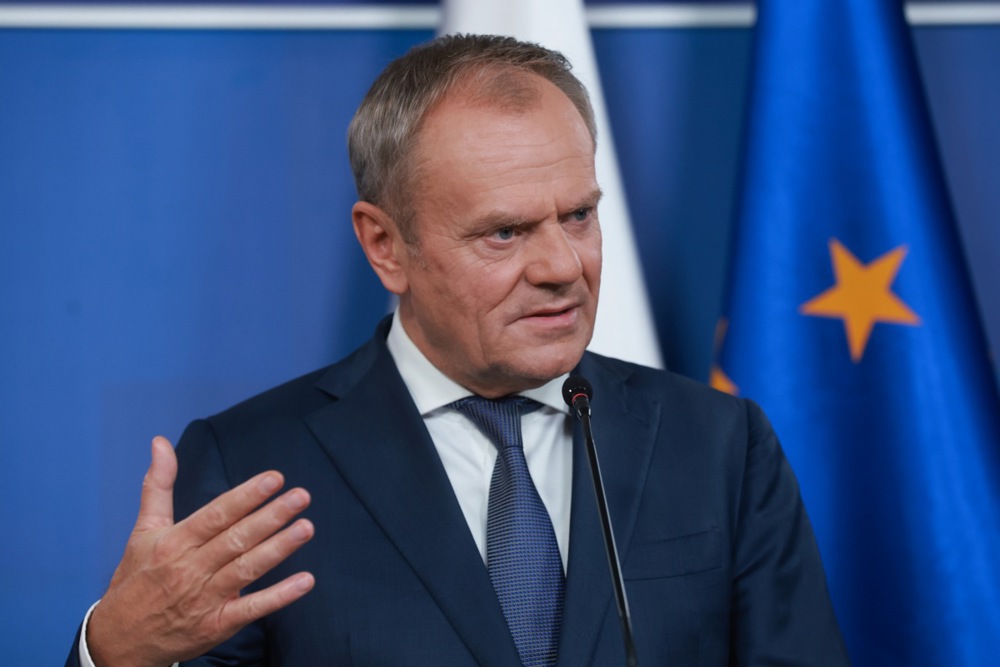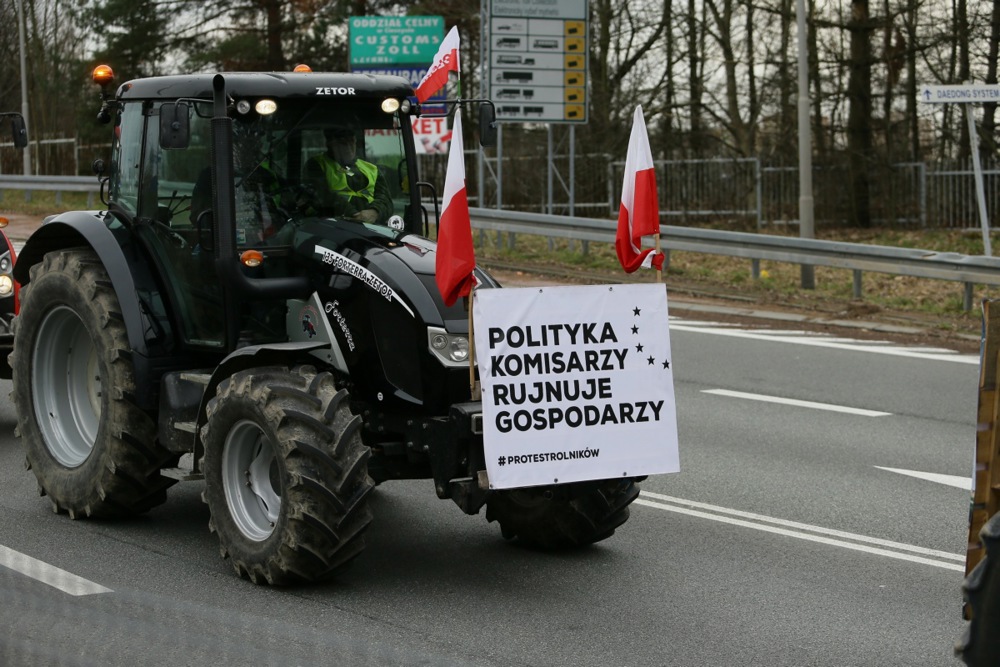Almost two-thirds of Poles want the reintroduction of border controls within the European Union to combat illegal migration, according to the latest attitude poll on migration.
Such a move would effectively scrap the Schengen Agreement that enables Europeans to travel across most of the European Union unhindered by border checks.
The survey conducted for daily Rzeczpospolita by agency SW Research, the results of which were published on February 3, asked Poles whether they believed that the EU should reintroduce border controls between member states in the Schengen zone to curb the flow of migrants.
Of respondents, 62 per cent opted for reintroduction of controls with 23 per cent against and 15 per cent offering no opinion on the matter.
The results indicated that, despite the Polish Government’s opposition to neighbouring Germany’s introduction of temporary border controls, Polish voters are receptive to the idea.
That was in light of the migration crisis that has hit the whole of the EU and also suggested that Polish citizens do not necessarily agree with their government on the matter of defending Schengen.
Polish Prime minister Donald Tusk last year called the German decision to introduce checks on all its border “unacceptable” and promised to rally other EU member states against it.
He argued that the EU should concentrate on protecting its external borders, including Poland’s frontier with Belarus, the scene of tens of thousands attempts at illegal crossing by migrants since 2021.
His stance was a reflection of concerns about what border controls may mean for Poland’s trade with Western Europe and came amid reports from the border regions of problems at crossings with Germany.
On February 4, Marcin Jabłoński, the head of the Lubuskie region in Western Poland, told daily Gazeta Wyborcza that border had become “hell”. He claimed the Germans were operating the border controls unsuitably, thereby “devastating the life of our region”.
Jabłoński stated drivers were often “stuck at the border without access to water and toilets and drive into side-streets to relive themselves”. According to him, the Polish border town of Słubice “stinks of urine”.
He also said Polish companies were suffering as “German goods move into Poland without delay but our companies are facing problems as Germans do not make any exceptions in terms of waiting, even for lorries which are transporting livestock, drugs and easily perishable goods”.
On its Eastern side, Poland has since 2021 fortified its borders with Belarus and the Russian Kaliningrad enclave in response to the migration crisis.
The Tusk government recently adopted a policy of suspending asylum claims and sending the claimants back over the border with Belarus and has sought EU support for his actions.
The Schengen Area covers 25 of the 27 EU member states (only Ireland and Cyprus are not included). All four members of the European Free Trade Association (Iceland, Liechtenstein, Norway and Switzerland) scrapped border controls but allows them in emergency situations with regard to security as long as they are temporary.
Ten countries are currently implementing similar emergency measures as Germany and Poland to stem the arrival of illegal migrants.
The migration issue has been one of the major talking points ahead of the German general election due on February 23.
Three more European Union nations have reintroduced border controls due concerns over growing terrorism threats, further impacting the Schengen Area. https://t.co/aVjt0IpV0U
— Brussels Signal (@brusselssignal) October 20, 2023





